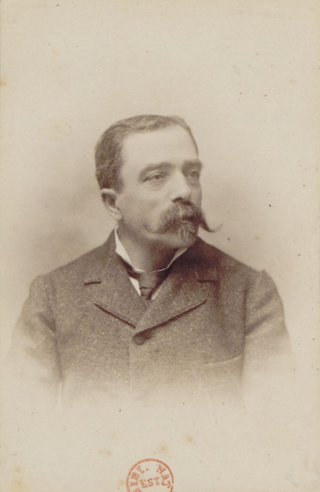Top Qs
Timeline
Chat
Perspective
José Luís Monteiro
Portuguese architect From Wikipedia, the free encyclopedia
Remove ads
José Luis Monteiro (1848–1942) was a Portuguese architect.[1] His work is considered among the most influential within late 19th century architecture.[2][3]
Life
José Luis Monteiro was born in Lisbon, Portugal on 25 October 1848.[4] At age 12, Monteiro enrolled in the Royal Academy of Fine Arts in Lisbon. In 1873 he moved to Paris to attend the École nationale supérieure des Beaux-Arts in Paris, completing his degree under the mentorship of Jean Louis-Pascal in 1879.[5]
In 1880, Monteiro returned to Portugal where he assumed a role as chief architect for the Lisbon City Council, in addition to a teaching position at the city's Royal Academy of Fine Arts, where he originally trained.[5] In 1901 he was awarded the Legion of Honor.[4]
Monteiro died on 27 January 1942 in Campo de Ourique, Portugal.
Remove ads
Work
Monteiro utilized a number of different architectural styles including Neoclassicism and French Second Empire. He is most well known for his revolutionary use of metal in the interior Rossio Railway Station; the building contained one of the first iron vaults in the nation.
Notable projects
- Hôtel de Ville (reconstruction), Paris, 1874[1]
- Rossio Railway Station, Lisbon, 1886[6]
- Liceu Nacional Passos Manuel, Lisbon, 1881
- Hotel Avenida Palace, Lisbon, 1890[4]
- Igreja dos Anjos, Lisbon, 1908[1]
- Hôtel de Ville, Paris, 1874
- Estação Rossio, Lisbon, 1886
- Hotel Avenida Palace, Lisbon, 1890
- Igreja dos Anjos, Lisbon, 1908
Remove ads
References
Wikiwand - on
Seamless Wikipedia browsing. On steroids.
Remove ads





